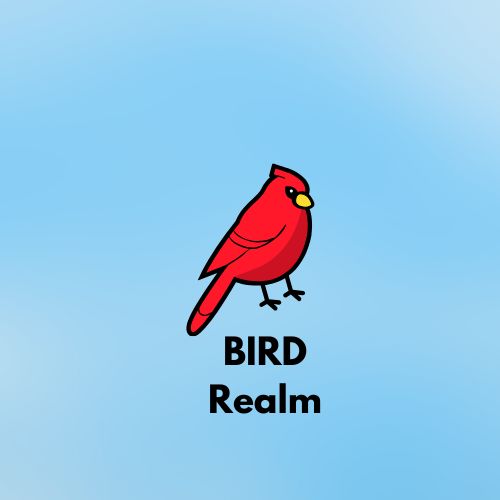Can Birds Eat Persimmons?
Can birds eat persimmons? Many species love them. Persimmons are rich in vitamins, antioxidants, and natural sugars, making them a nutritious and energy-boosting treat for birds, especially in colder months. Both American and Asian persimmons attract birds like robins, cedar waxwings, bluebirds, and mockingbirds.
While ripe persimmons are safe, unripe ones can be too astringent due to high tannin content. Gardeners and bird lovers often use persimmons to attract birds to their yards, especially when other fruit sources are scarce. Just be sure to offer ripe fruit and avoid any added sugars or preservatives.
Nutritional Benefits of Persimmons for Birds
Persimmons offer several healthy uses for birds, making them a valuable natural food source. They are rich in vitamins A and C, which sustain vision, resistance to disease, and fertility. The high natural sugar content provides quick energy, particularly helpful during migration or colder seasons.
Persimmons also contain fiber, aiding digestion, and antioxidants that help combat stress and inflammation in birds. Further, the fruit provides small amounts of potassium, manganese, and beta-carotene, all contributing to overall avian wellness. When offered ripe and fresh, persimmons can be a safe, nutritious, and enjoyable treat for many bird species.
Which Birds Might Eat Them?
Many bird species are attracted to persimmons, especially when the fruit is ripe and soft. Common persimmon-loving birds include:
- American Robins – Known for their love of fruit, especially in fall and winter.
- Cedar Waxwings – Flock to fruit trees and are particularly fond of soft, sugary fruits.
- Northern Mockingbirds – Territorial birds often found guarding fruit trees.
- Bluebirds – Enjoy sweet fruits as a supplement to their insect diet.
- Woodpeckers – Especially red-bellied and downy woodpeckers.
- Thrashers and Starlings – Opportunistic feeders that readily consume persimmons.
How to Serve Persimmons to Birds
- ✅ Use ripe, soft persimmons – Birds prefer sweet, fully ripened fruit.
- 🍊 Cut into halves or chunks – Makes it easier for birds to peck and eat.
- 🪶 Place on platform feeders or bird tables – Offers easy access to multiple species.
- 🌳 Hang slices with natural twine – Great for tree-dwelling birds.
- 🚫 Avoid unripe persimmons – High tannin content can be unpalatable.
- ❌ Do not add sugar, salt, or preservatives – Only serve fresh, raw fruit.
- 🌿 Choose organic when possible – Reduces exposure to harmful chemicals.
Final Words
Birds can safely and happily eat persimmons, making them a nutritious addition to their raw diet. These fruits provide important vitamins, antioxidants, and energy-rich sugars that help birds stay healthy and active, especially during migration or colder months.
Many bird species, such as robins, waxwings, and mockingbirds, are drawn to the sweet taste of ripe persimmons. When done correctly—fresh, ripe, and chemical-free—persimmons are both safe and beneficial for backyard birds. By offering this delicious fruit, bird lovers can attract a variety of feathered visitors while supporting their nutritional needs in a natural, wholesome way.
FAQs
Are persimmons safe for animals?
Yes, dogs can safely eat persimmon fruits as an occasional treat. While dogs can consume persimmon skin, they should not eat the seeds because these cause digestive problems. In addition, you should only feed your dog a few slices or a small handful a day, as large amounts of persimmons can lead to an upset stomach.
Can chickens eat persimmon?
Yes, you can share persimmons with your chickens! Persimmons are generally safe for chickens in moderation, providing a tasty and nutritious treat for your flock. Rich in vitamins A and C, which support immune health.


